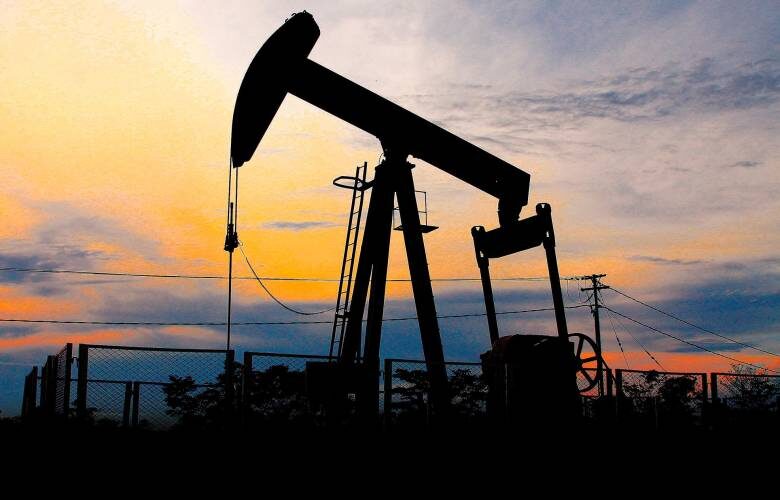Photo Google
By Isaac Cohen*
The price of oil has fallen from above $100 per barrel to less than $80, due to several factors. First of all, less demand caused by the global economic slowdown, punctuated by the economic consequences of pandemic controls in China, the biggest oil importer.
Also influencing crude prices is a reversal, since it was revealed that the Organization of Petroleum Countries may decide to increase production, at its next meeting in Vienna on December 4. Additionally, so far this year, the White House has released around 180 million barrels of oil from the U.S. Strategic Petroleum Reserve. All these factors are contributing to lower prices, with the national average price of a gallon of gasoline declining in the United States to around $3.50, from $5 at the start of the year.
Finally, without immediate influence on world oil production, the United States government has changed its policy on Venezuela, authorizing Chevron oil company to operate in the country that has the world’s largest oil reserves. However, oil production in Venezuela has declined sustainedly to around 700,000 barrels per day, from more than 3 million barrels per day in its better days.
If the fall in oil prices persists, it will have a decisive influence in the fight against inflation, since fuels are the most volatile component in the consumer price index.
*International analyst and consultant, former Director ECLAC Washington. Commentator on economic and financial issues for CNN en Español TV and radio, UNIVISION, TELEMUNDO and other media.




